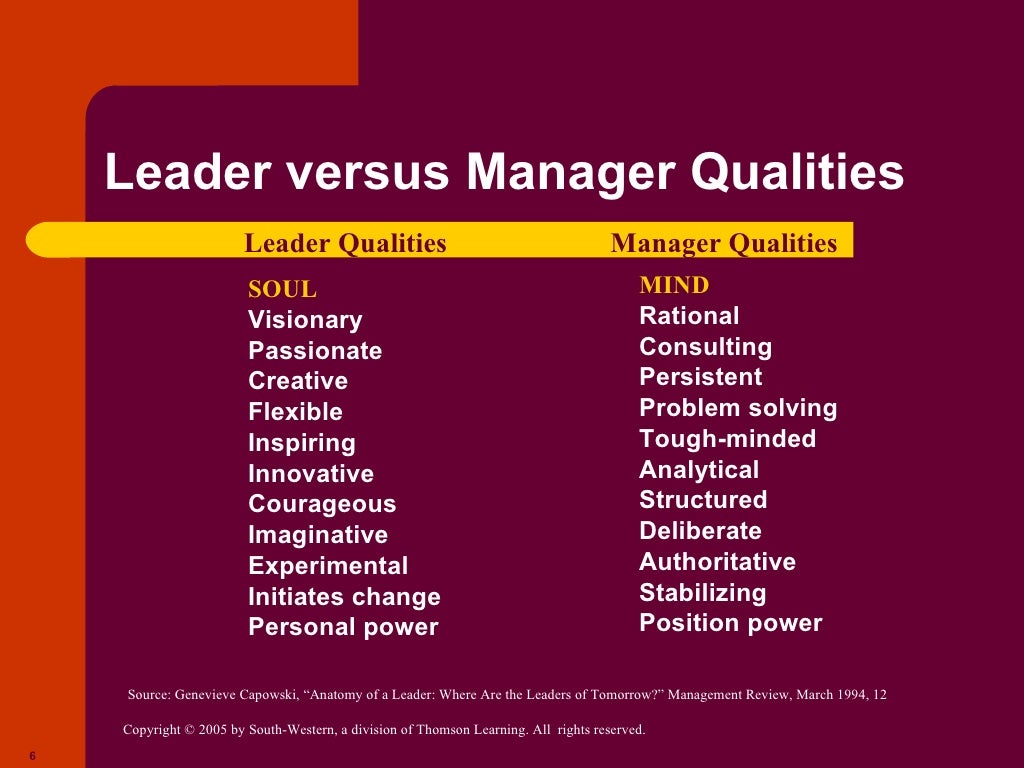Leadership Lessons From Apollo 13
Leadership Lessons From Apollo 13
Blog Article

Well? How numerous management methods are on that list of yours? Five, ten, twenty? Not bad. Here's mine.S-E-R-V-E, situational management, transformational management, relational leadership, leading by walking, servant leadership, inspiring management, favorable leadership, leadership through vision, charismatic leadership, transactional leadership.all right, enough of this.
It's about how you handle situations. It's not going to be simple. It will Leadership Theories take time and need tough work. It's about Action! Concentrate on your end result.
Lots of experts and professionals recommend numerous tools and strategies to manage such issues. Some methods might be used with a word of caution-the things identified here might not be real for all cases and celebrations. This might be utilized just if the requirement develops and after a comprehensive analysis of the situation besieging business.
The challenge for supervisors is to put the theories into practice. The issue is that a lot of of them will state: "theory is a theory and we are the supervisors". This is the biggest concern; think that I am the best and there is no area for finding out from others. So if you understand this little distinction between knowing and doing along with being stacked with your own approaches vs. being open for new; we can move forward.
When taking a look at JFK conspiracy theories you also have to ask yourself why would this list of individuals, or any list of individuals, conspire? How would they get together to scheme? Have you ever tried to settle on a dining establishment with half a dozen individuals? What commonness do they have that would enable them to trust each other? Why would they feel the need to deal with outsiders, people unlike themselves? What would they gain by cooperation? Why would possible conspirators provide up part of what they want in leadership order to attain some part of the objectives of another? Who would be in charge? My experience with basic committees attempting to achieve simple things, legal things, getting people to work together isn't as simple as you might want.
Modification the things you do not like and align yourself to where you need to go. There will be activities you might wish to prevent, and you know you should not. This is down to laziness.
In today's organisations leadership is looked for and practised at all levels. However without followers there is no leadership. The concern "Why Should They Follow You?" should be at the heart of all management coaching, finding out and development.